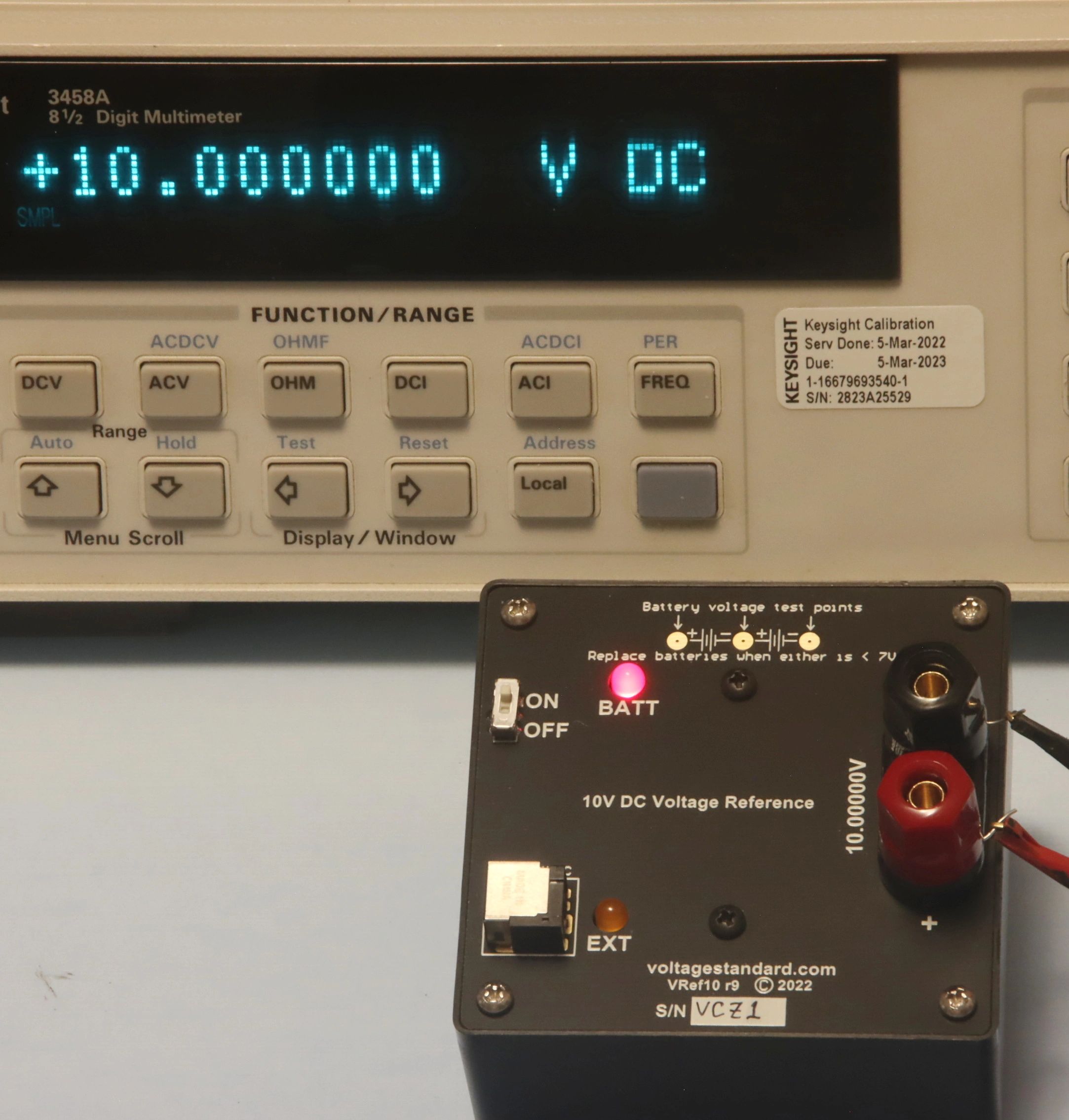ericfx1984
Solar Enthusiast
- Joined
- Oct 10, 2021
- Messages
- 741
Okay.. here's the deal I have three different voltages
NOTE: I am considering purchasing a FLUKE 101
When testing a bank of lifepo4 batteries in parallel I get different readings
For instance my trustee old Amprobe ACD-15 TRMS Pro reads 3.557
My harbor freight special freebie reads 3.60v
And then my Amazon bench power supply reads 3.62v.. but with no load on it, and reading directly off of the outputs my Amprobe multimeter reads 3.65v
If I read a brand new AAA alkaline battery the amprobe meter reads 1.606v while the harbor freight special reads 1.62v
Well these are not huge differences they are differences nonetheless. And honestly the difference is pretty incredible when you consider the fact that the voltages are so low, in short it's a very high percentage of difference
Normally my thought would be to trust the amprobe.. it has higher quality leads and is a better built unit overall ... But it's had the crap beat out of it over the years
NOTE: I am considering purchasing a FLUKE 101
When testing a bank of lifepo4 batteries in parallel I get different readings
For instance my trustee old Amprobe ACD-15 TRMS Pro reads 3.557
My harbor freight special freebie reads 3.60v
And then my Amazon bench power supply reads 3.62v.. but with no load on it, and reading directly off of the outputs my Amprobe multimeter reads 3.65v
If I read a brand new AAA alkaline battery the amprobe meter reads 1.606v while the harbor freight special reads 1.62v
Well these are not huge differences they are differences nonetheless. And honestly the difference is pretty incredible when you consider the fact that the voltages are so low, in short it's a very high percentage of difference
Normally my thought would be to trust the amprobe.. it has higher quality leads and is a better built unit overall ... But it's had the crap beat out of it over the years
Last edited:




